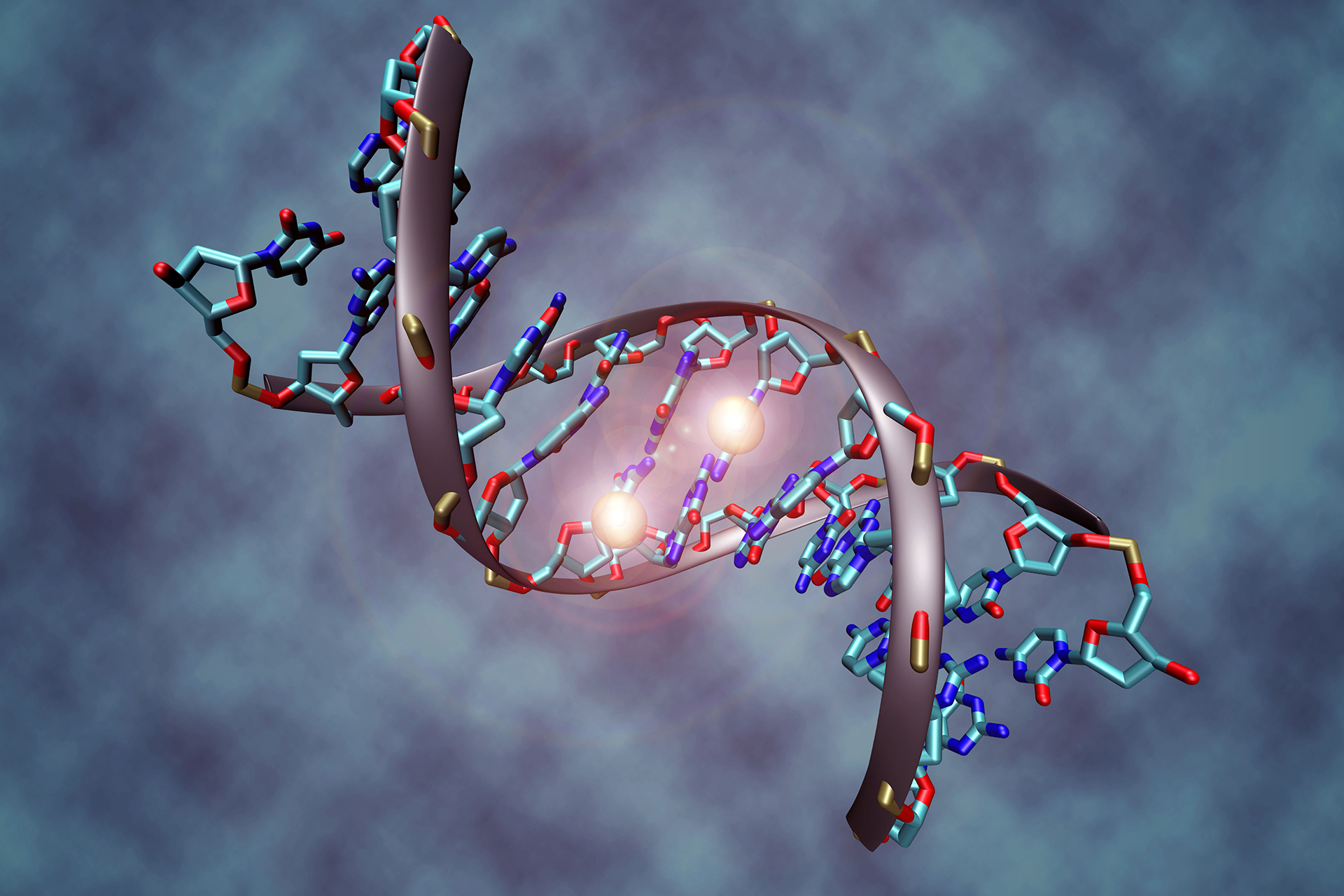Rats fed on high-fat diets increased the chances of their daughters and granddaughters developing breast cancer, a US study has found.
Pregnant rats were fed a fat-rich or normal diet. Twenty weeks later, 80 per cent of rats whose two grandmothers were fed a fatty diet developed breast cancer compared with 50 per cent of rats whose grandmothers were fed a normal diet. When only one grandmother was fed a fatty diet, 69 per cent of rats developed breast cancer.
'This study provides critical evidence that what mothers are exposed to during pregnancy, not only affects her offspring's mammary cancer risk, but also affects the mammary cancer risk of the subsequent generation' writes Dr Sonia de Assis of Georgetown University, Washington DC, who presented the findings at the American Association for Cancer Research (AACR) meeting this month.
Rats do not ordinarily develop breast cancer and therefore the rats used in this study had to be treated with a cancer-causing drug. The researchers speculate the increased risk of developing breast cancer observed in subsequent generations may be due to epigenetic changes. Epigenetic changes are changes induced by the environment that alter the activity of genes without altering the DNA sequence.
'We think that there may be other means of transmission that are not genetic that can account for breast cancer', said Dr de Assis.





Leave a Reply
You must be logged in to post a comment.